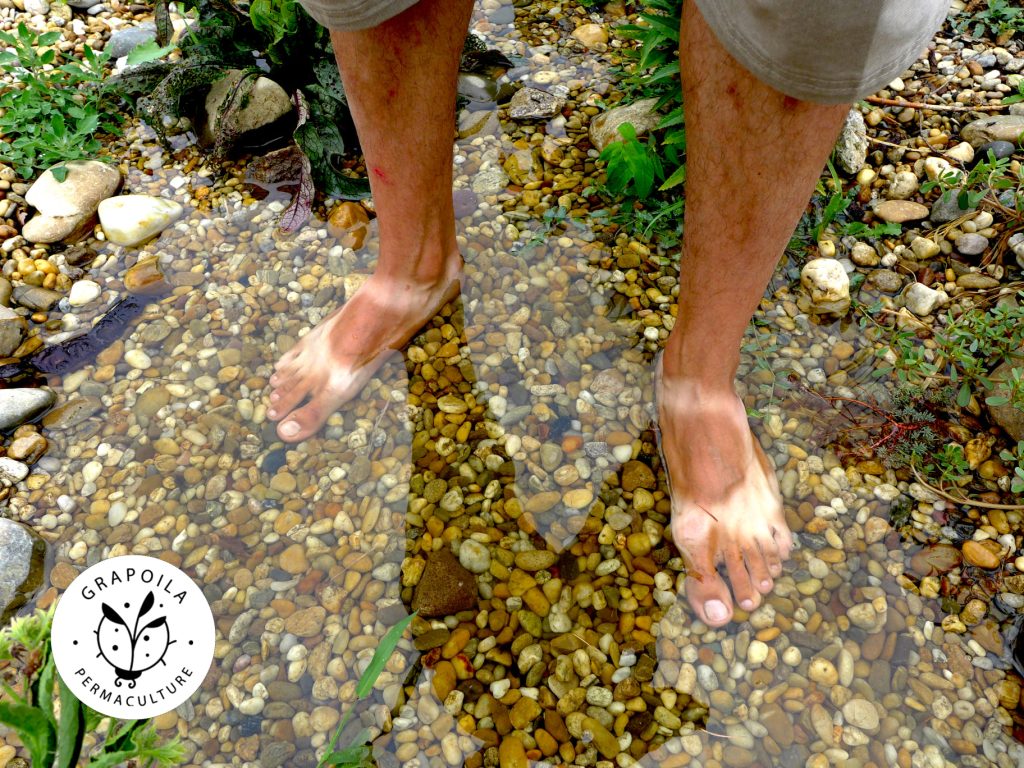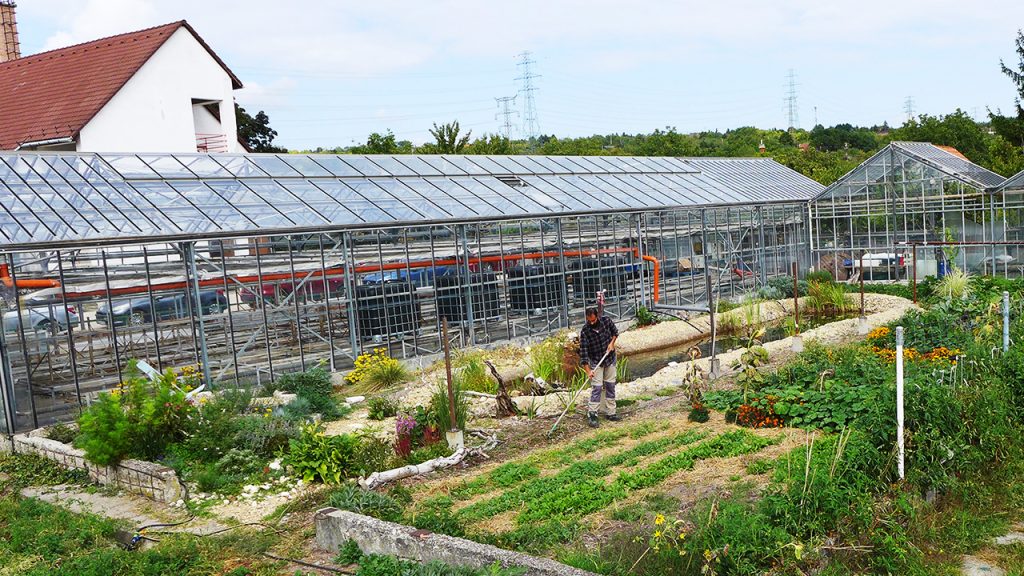
Days are getting longer and longer, so it’s time to uncover what we’re planning for this season. Before we dive in, let’s quickly summarise our experience from last year.
Although we were much more prepared this year, our first step was a bit later than planned due to frost in February. We wanted to get the most out of our 30+ years old, unheated glasshouse, so in early spring we installed a foil cover above the seedlings, and a radiator underneath to keep it warm enough
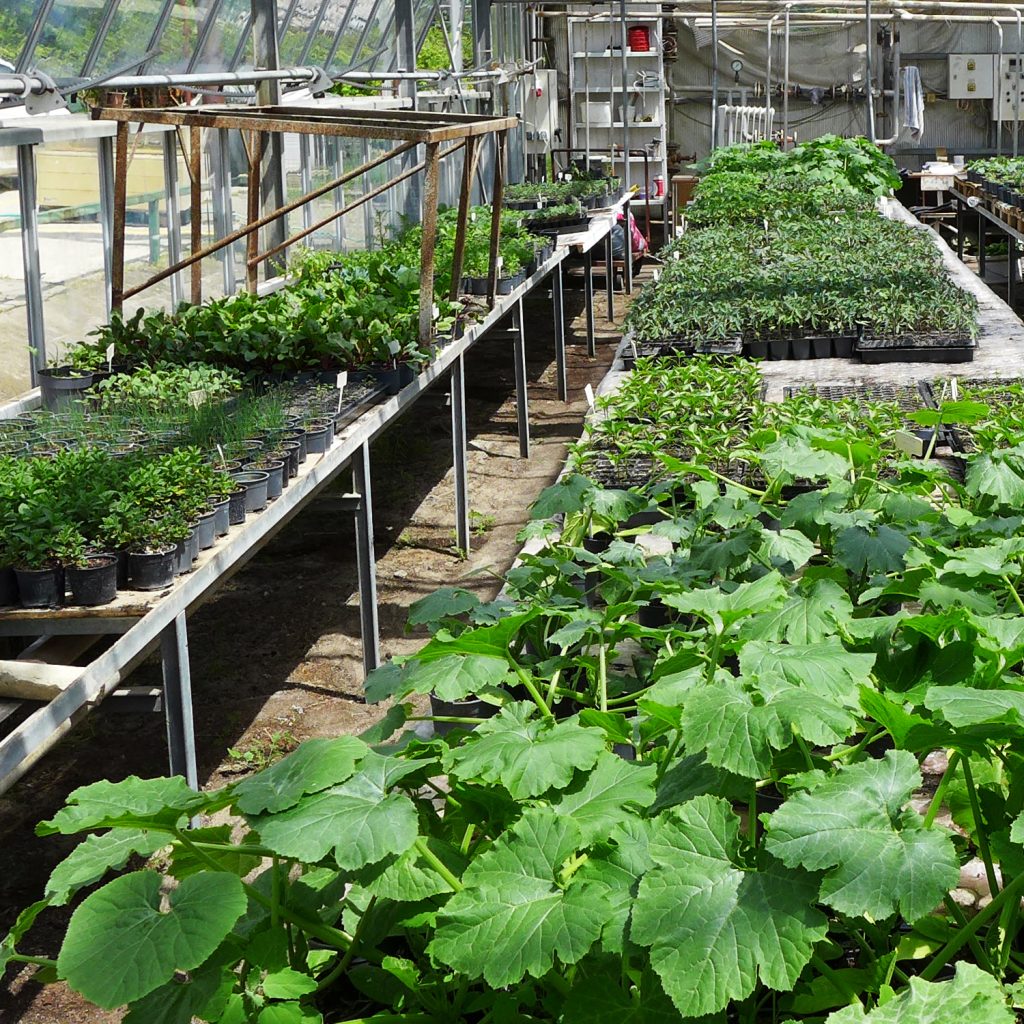
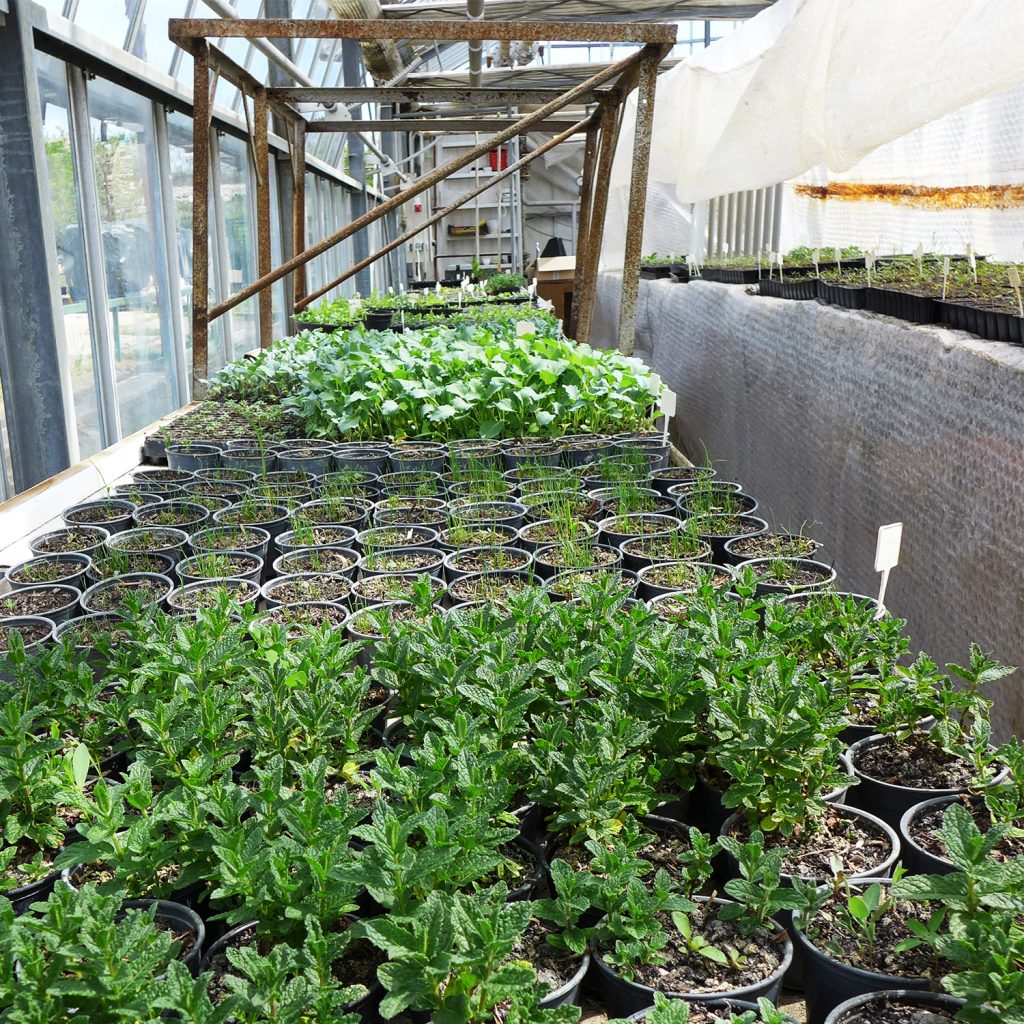
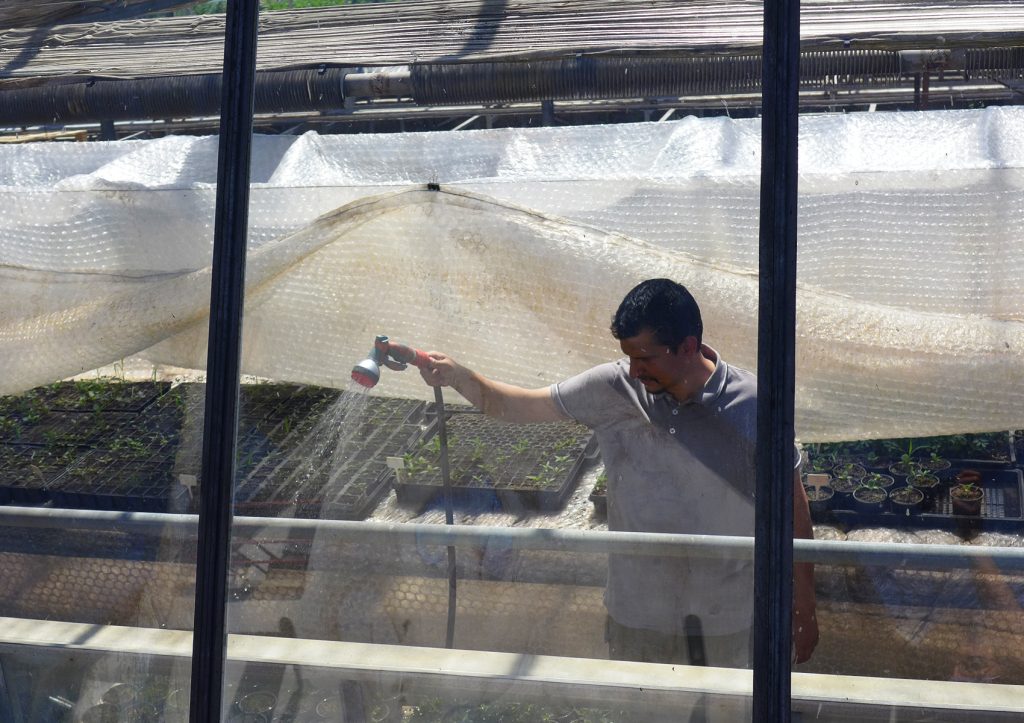
In March, we sowed some tomato seeds optimistically in the unheated glasshouse, however, April didn’t seem to reflect our optimism – most of the seeds didn’t germinate due to a lasting temperature drop. That cold weather has brought a lot of rain, so we didn’t have to spend so much work on spring irrigation. Successfully, the broad bean was our first outdoor crop to ripen, even though it was our first time trying it, we had no complaints.
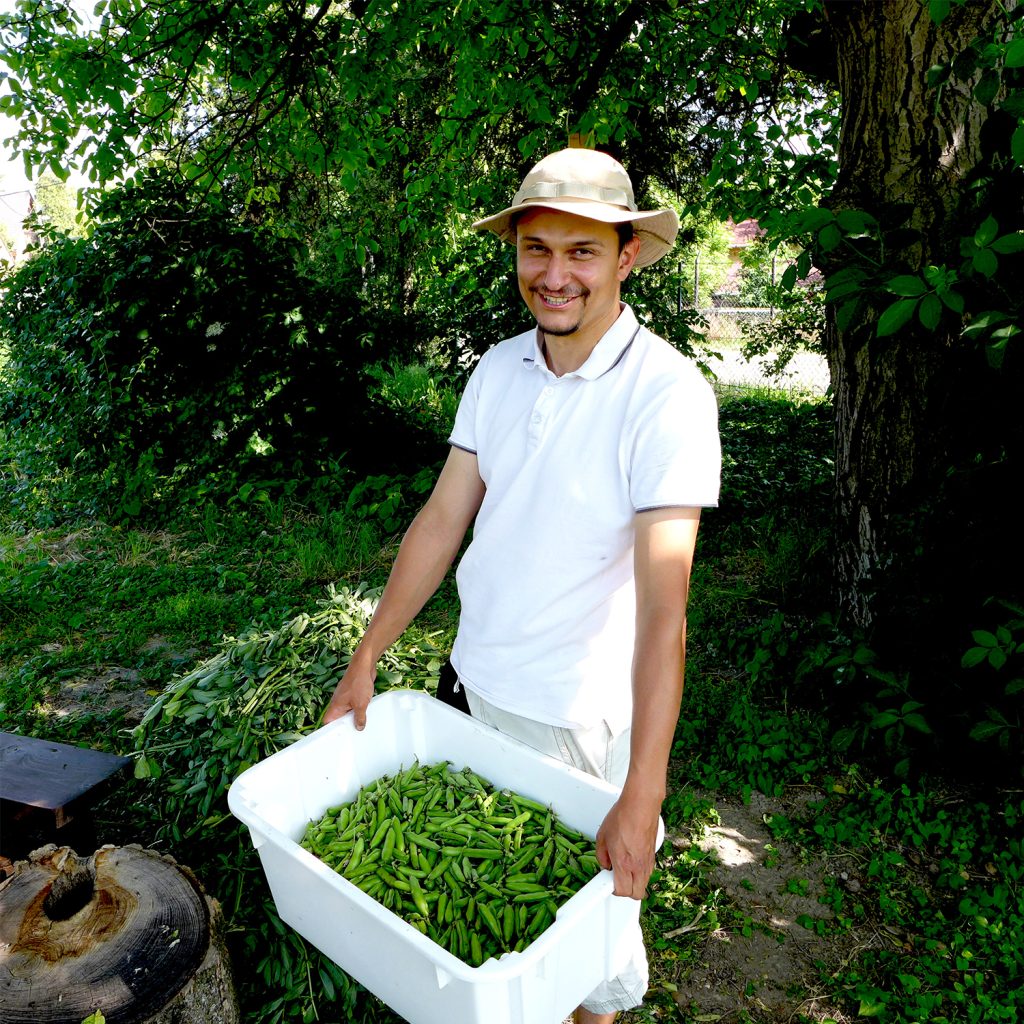
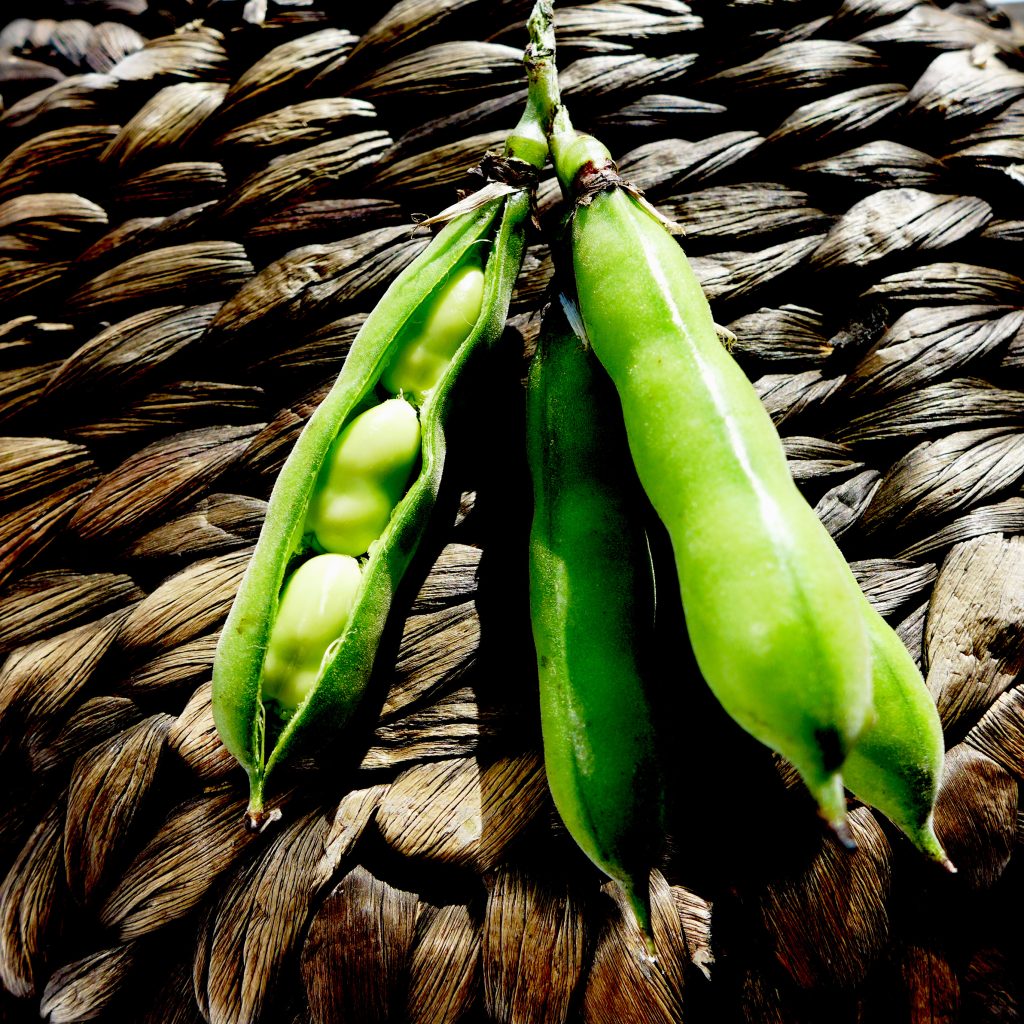
We tried many new species last year, a North African honeydew melon was the winning fruit for the year in the ‘new talent’ category.
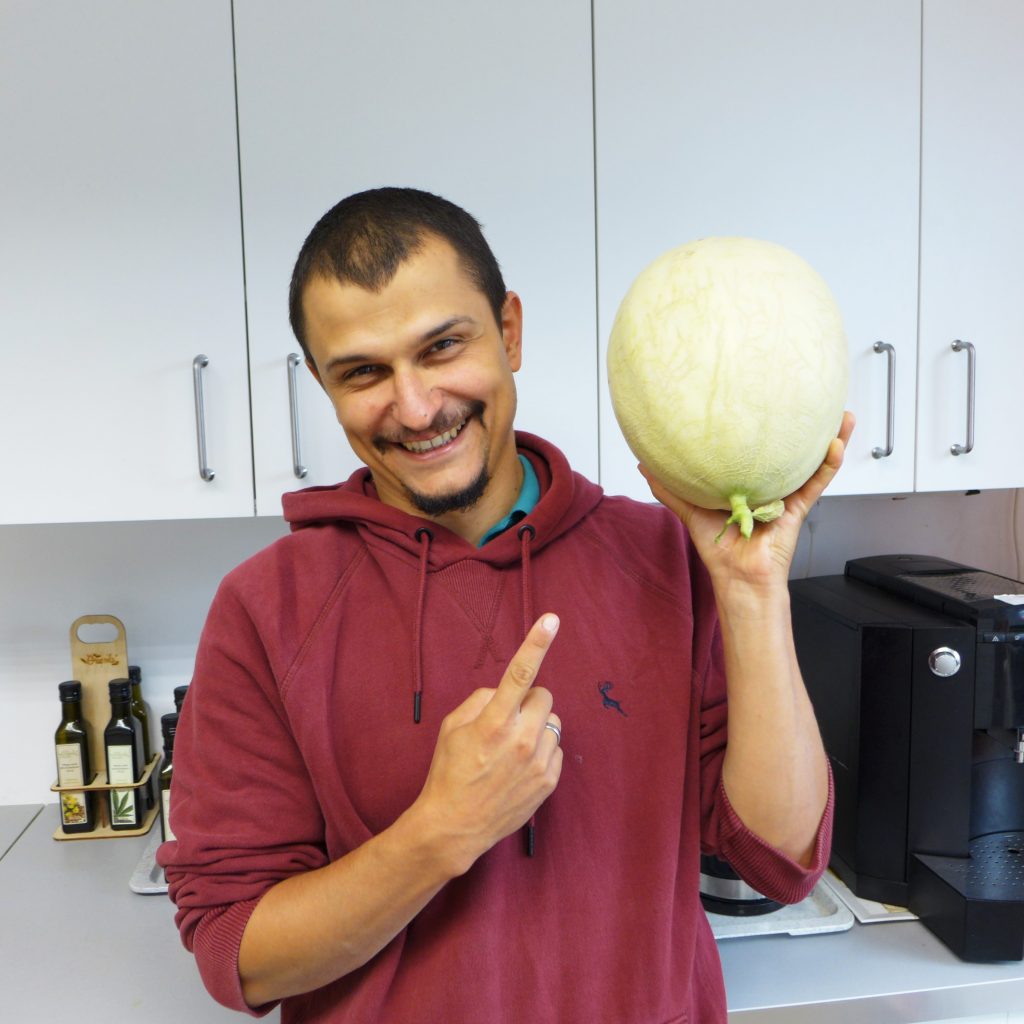
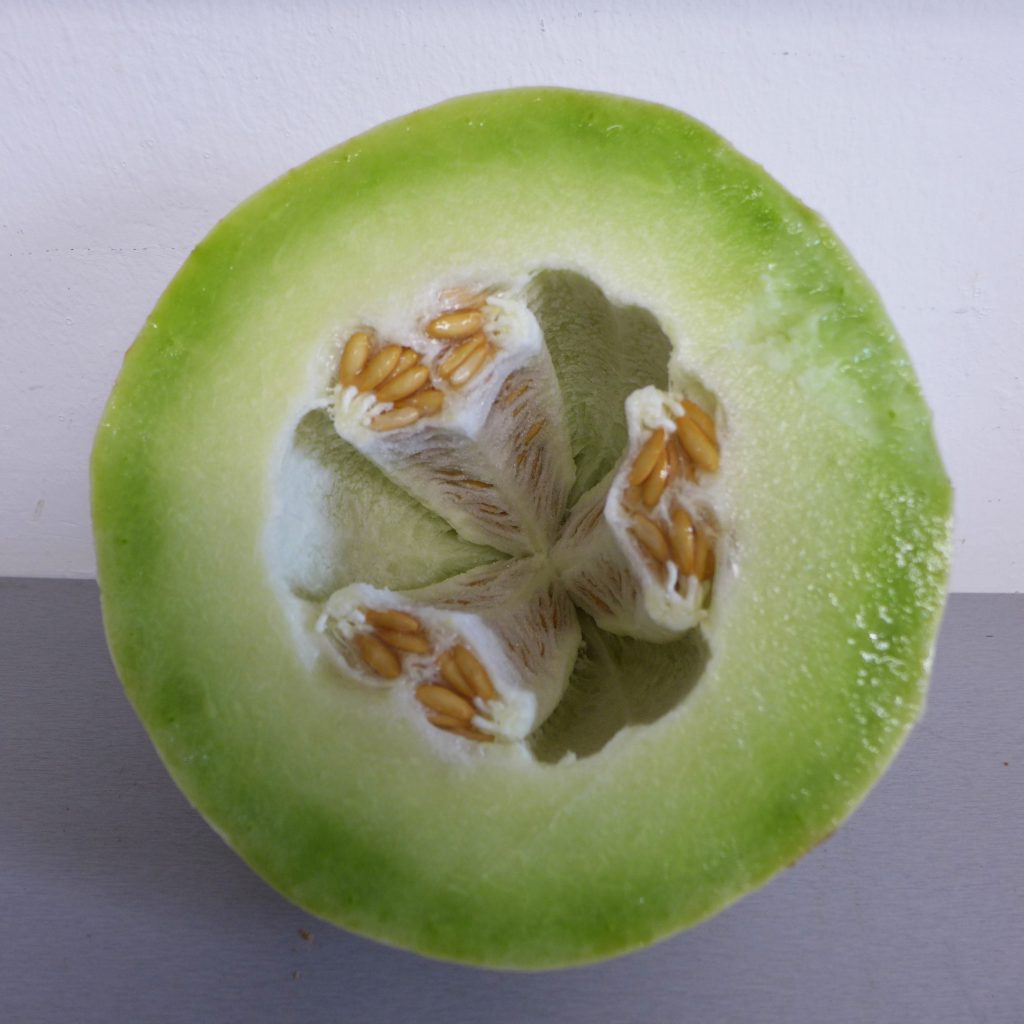
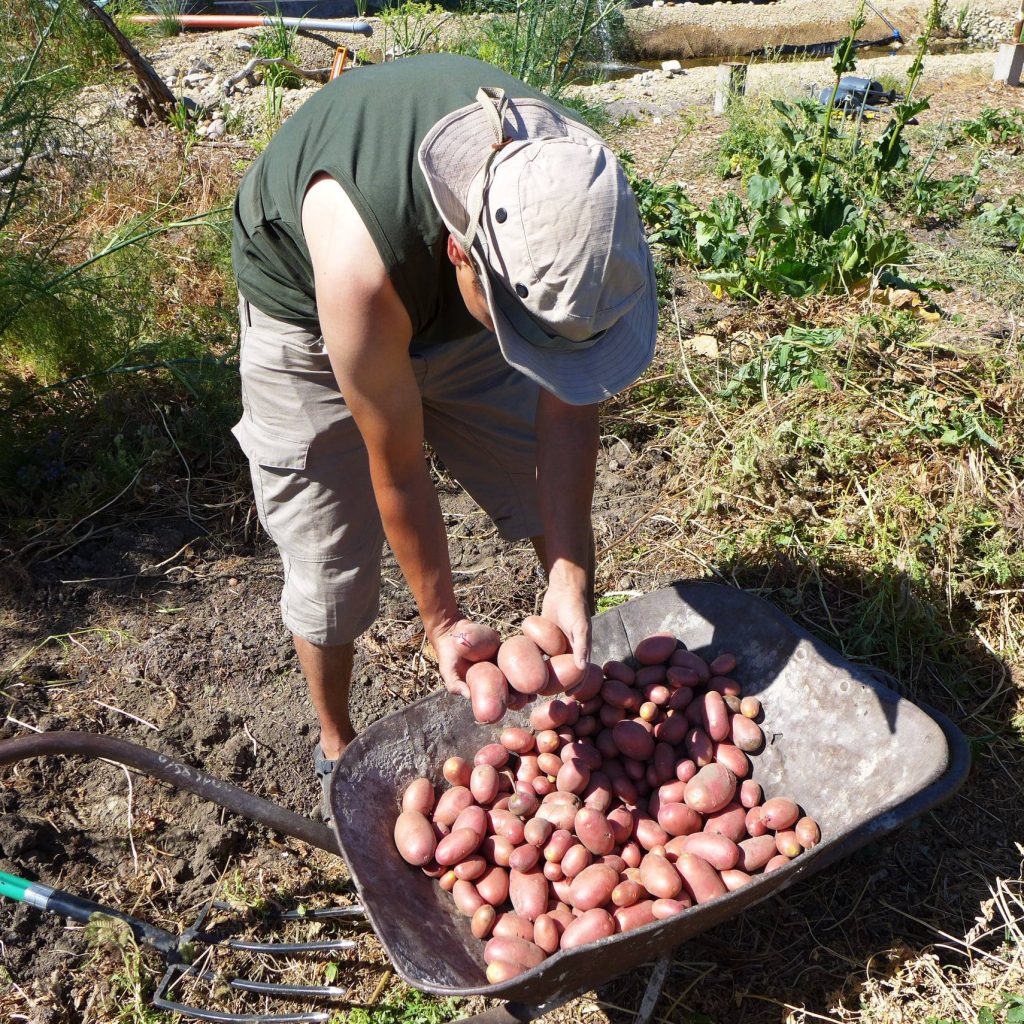
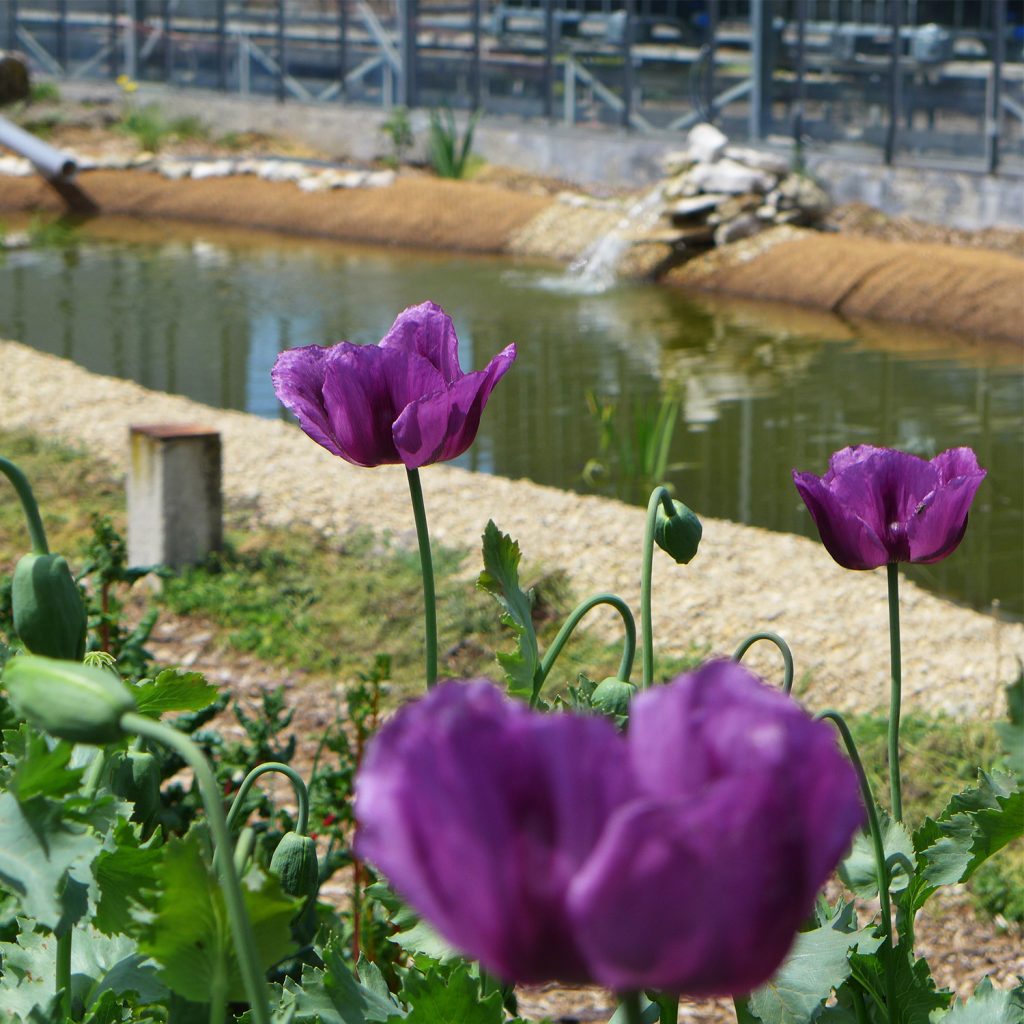
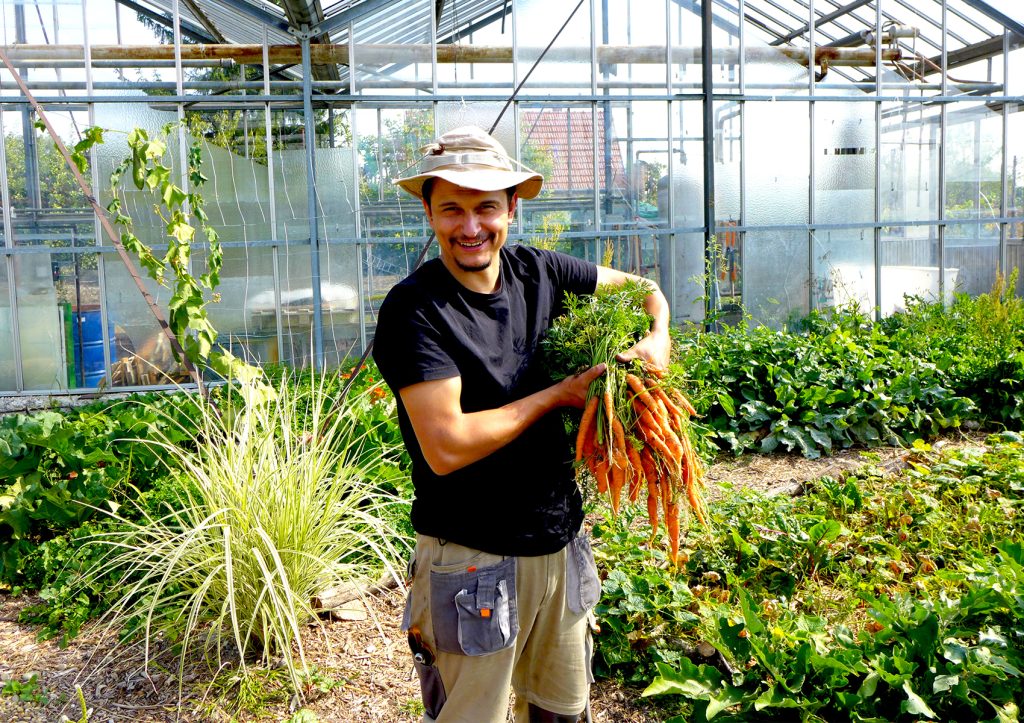
Although we planted oyster squash later, we got large yields of it before the frostbite, so we will give it more space next year.
Tomato seeds planted in March were unfortunately destroyed, so replanting them took place relatively later. In the meantime, the weather turned a bit dryer, which delayed flowering. As the ripening season came to an end, we were not able to harvest the unripe tomatoes before the frost. Of course, we didn’t throw them out, instead, we made a lot of pickles and chutney for the winter.
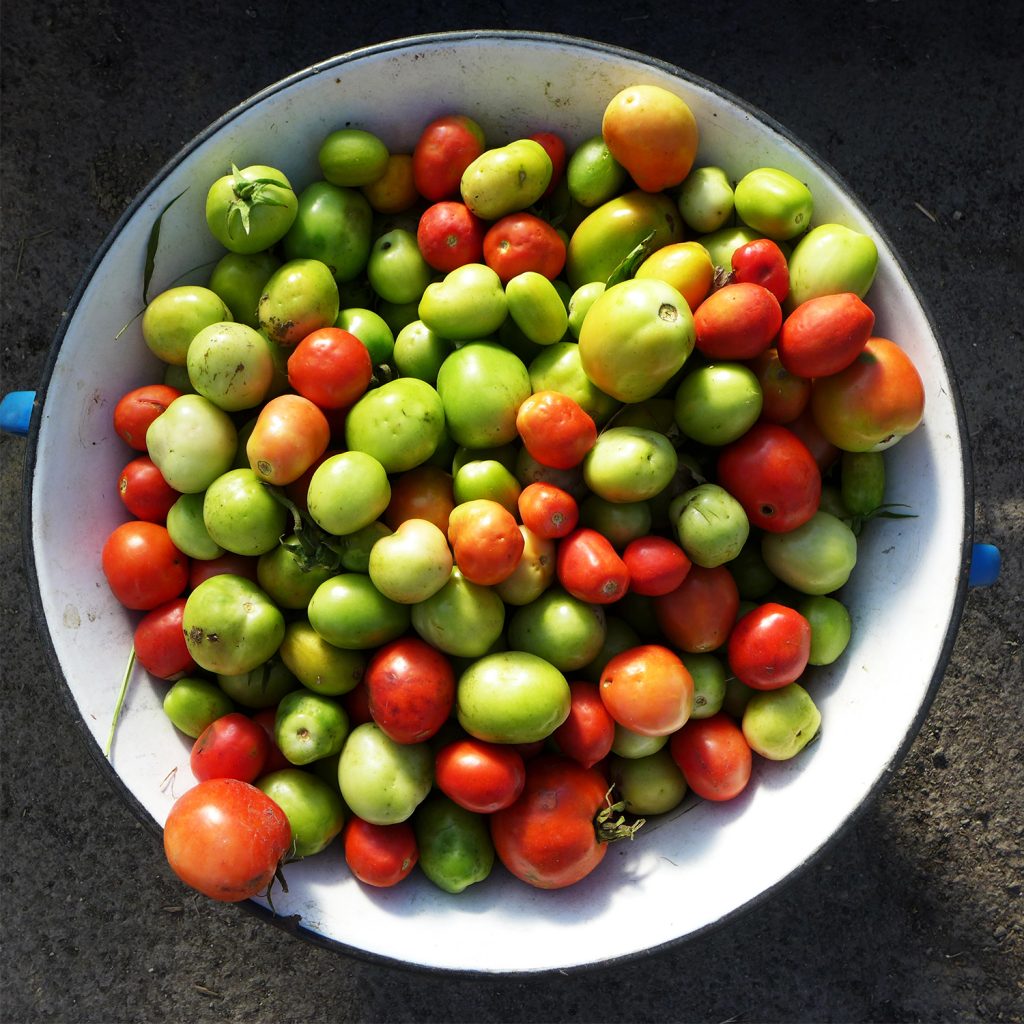
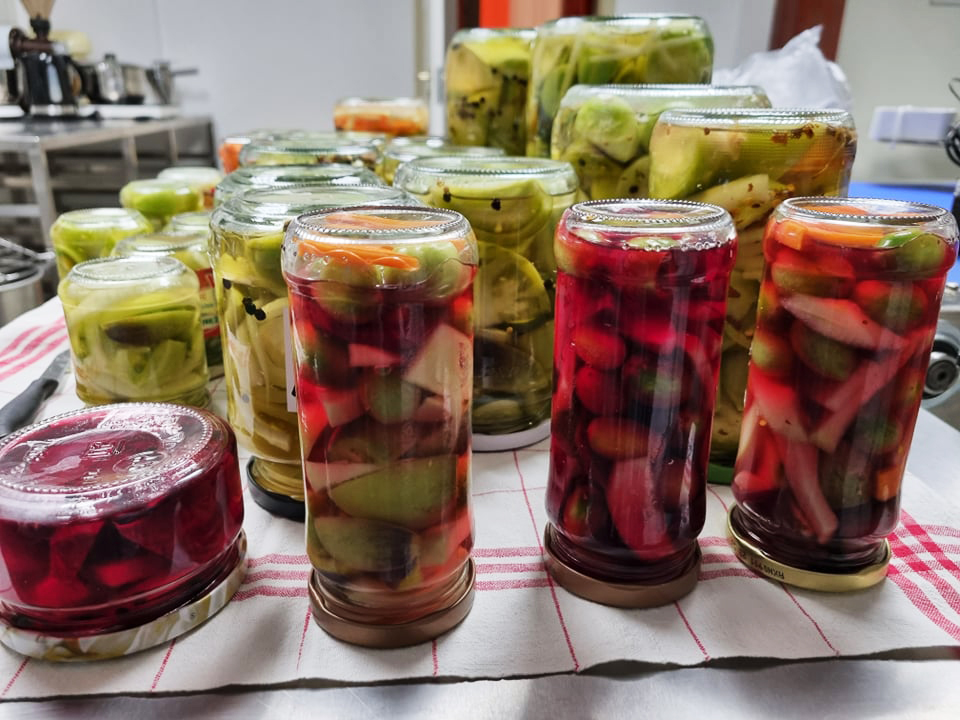
Another good news is that we are simplifying the method of ordering seedlings and increasing the quantities as well by learning from our previous year’s experience. Thanks again for your feedback and photographs your the harvest. Seedlings left at the fair were taken to a homeless shelter, where they grew well, thanks to the residents taking care of them.
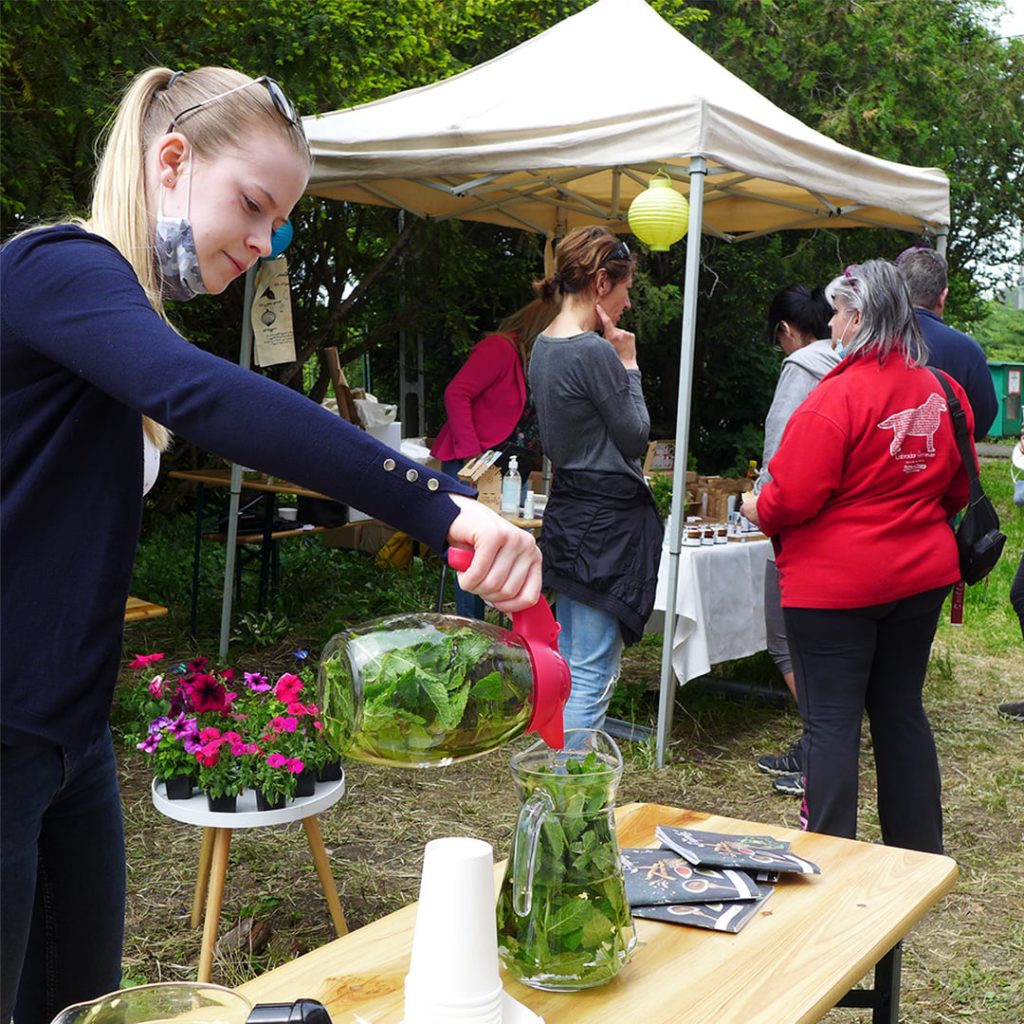
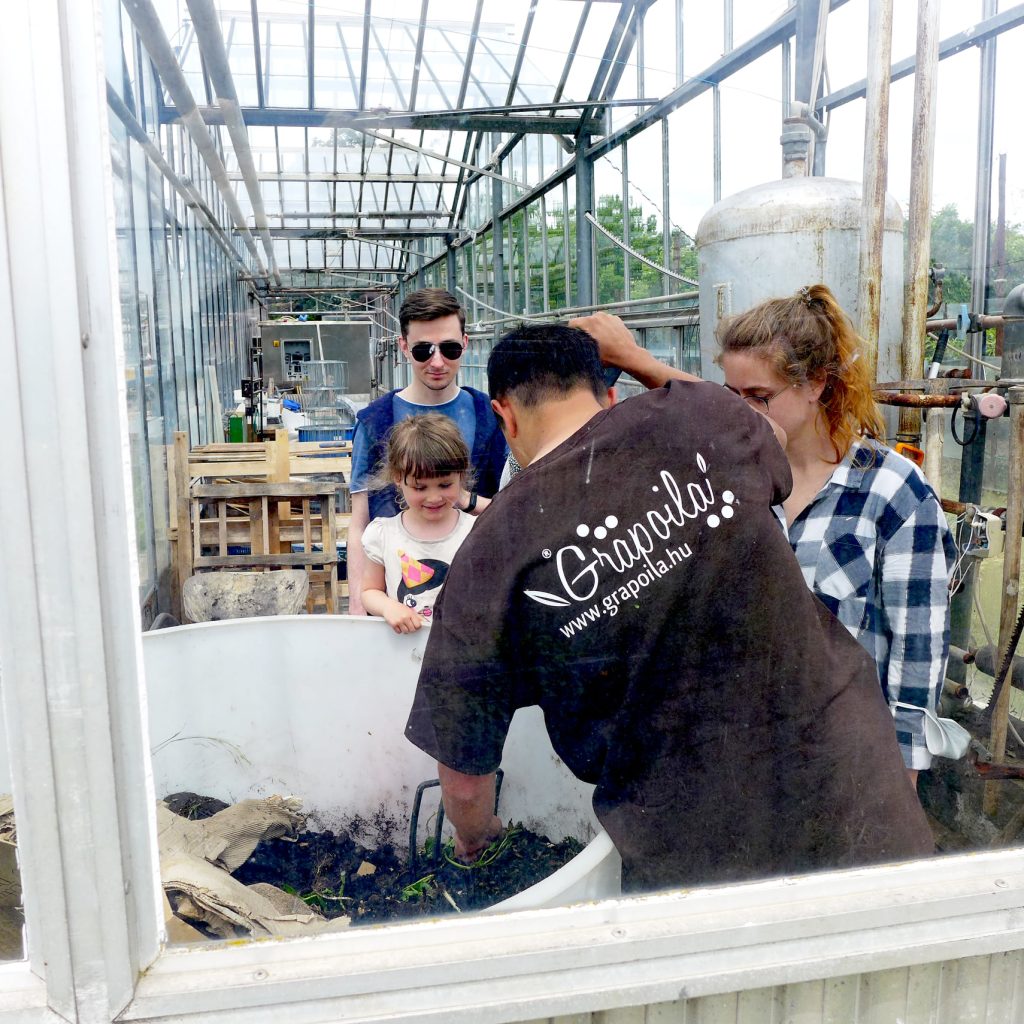
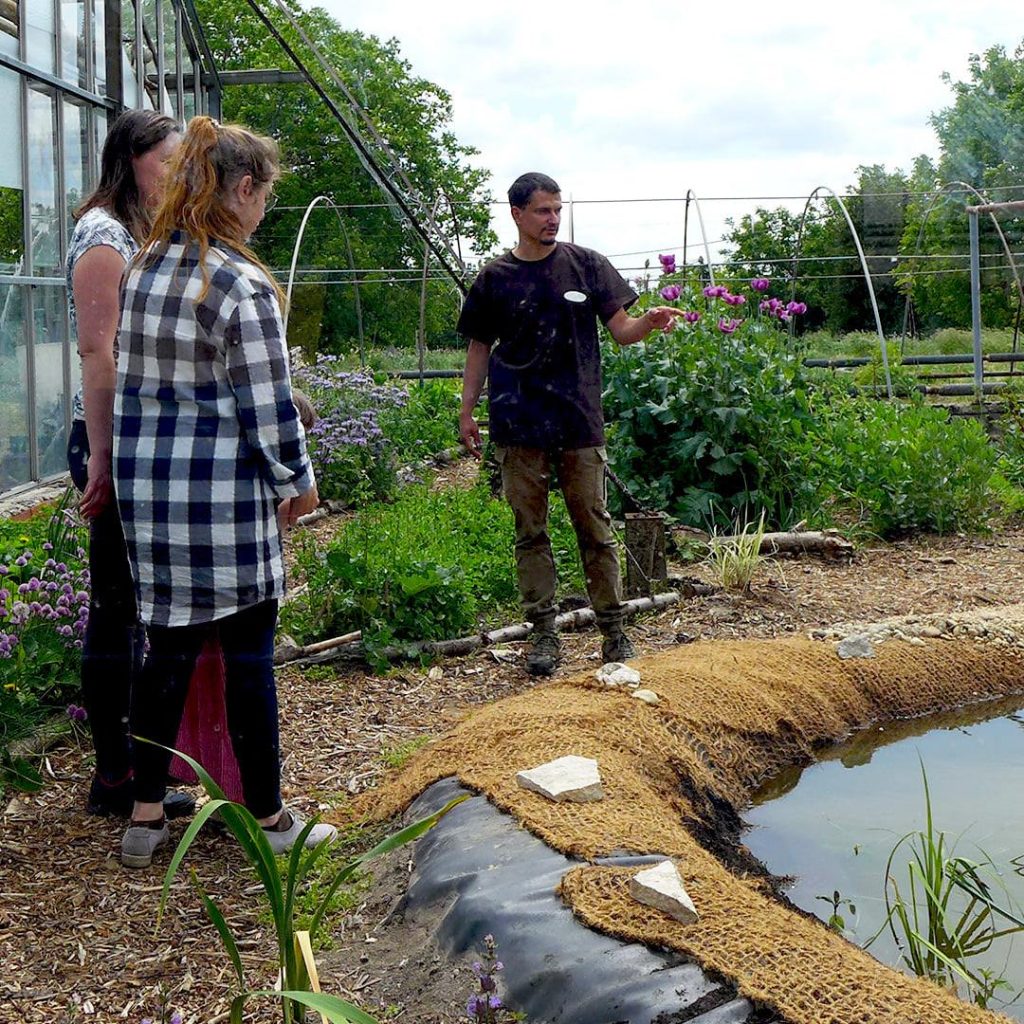
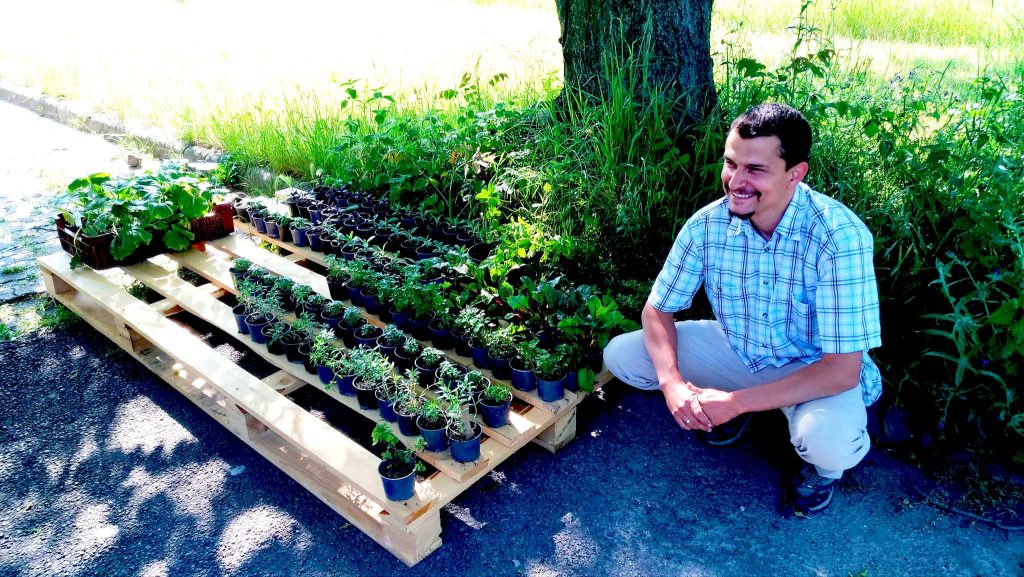
Revenues from the seedlings fair were reinvested into the glasshouse, which we are constantly renovating, in addition to expanding our water storage capacity. Surprisingly, we received financial support from Generali insurance company, as we participated in the EnterPrize tender and won the prize for our permaculture project. Thanks to their support, we have done a great job in the glasshouse renovation and are currently working hard to get everything ready by the end of February 2022.
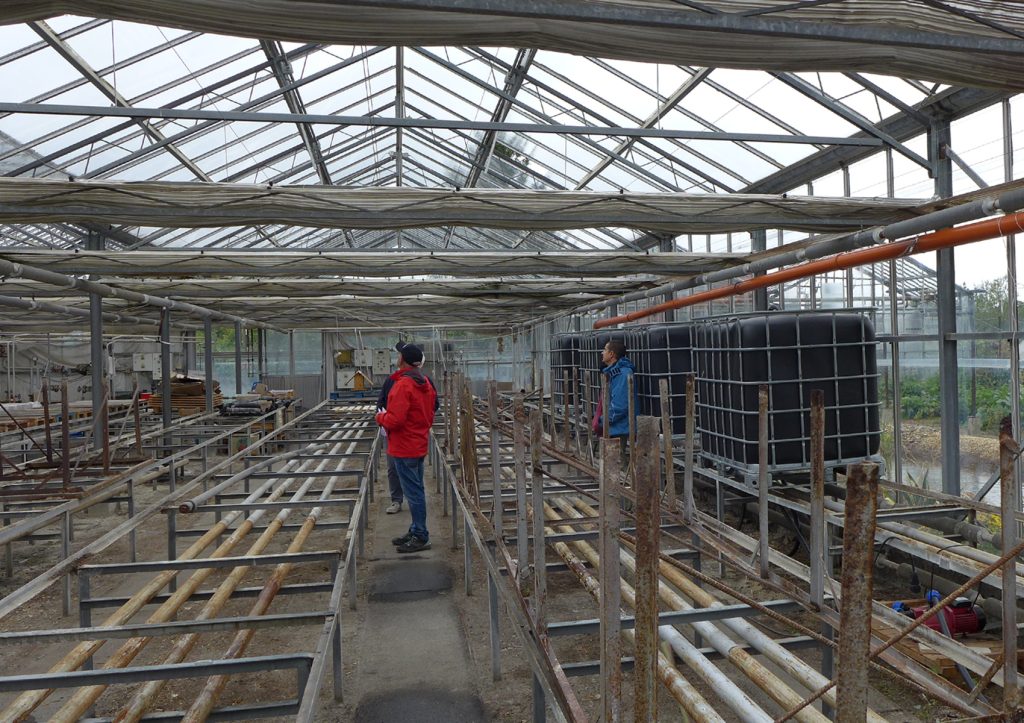
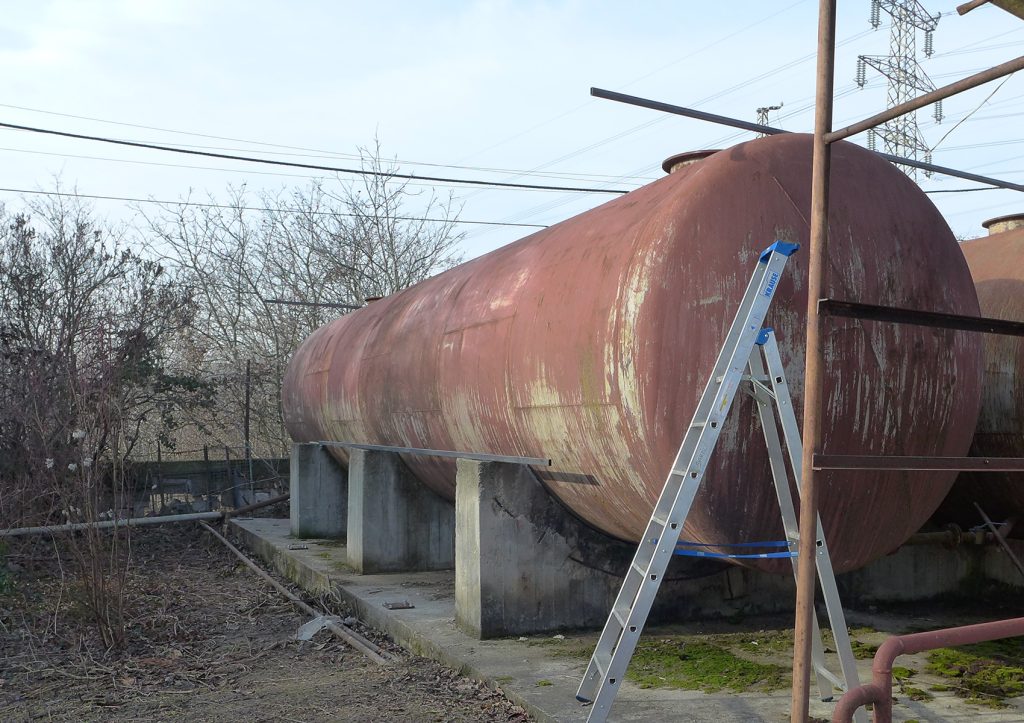
2020 had its extremes too; in the spring, we had more rain than average followed by an extremely hot and dry June, then came a nearly two-months worth of rainfall just in one day in early July. We had our pond and safety overflow ducts well tested, but later we realized the pond didn’t have enough buffer capacity to fully irrigate the garden.
During the hot summer droughts, we could only get a limited amount of water from the pond, otherwise, we would risk drying up the wetland plants. Fortunately, now we can multiply our irrigation water capacity by adding two large tanks to our rainwater harvest plan.
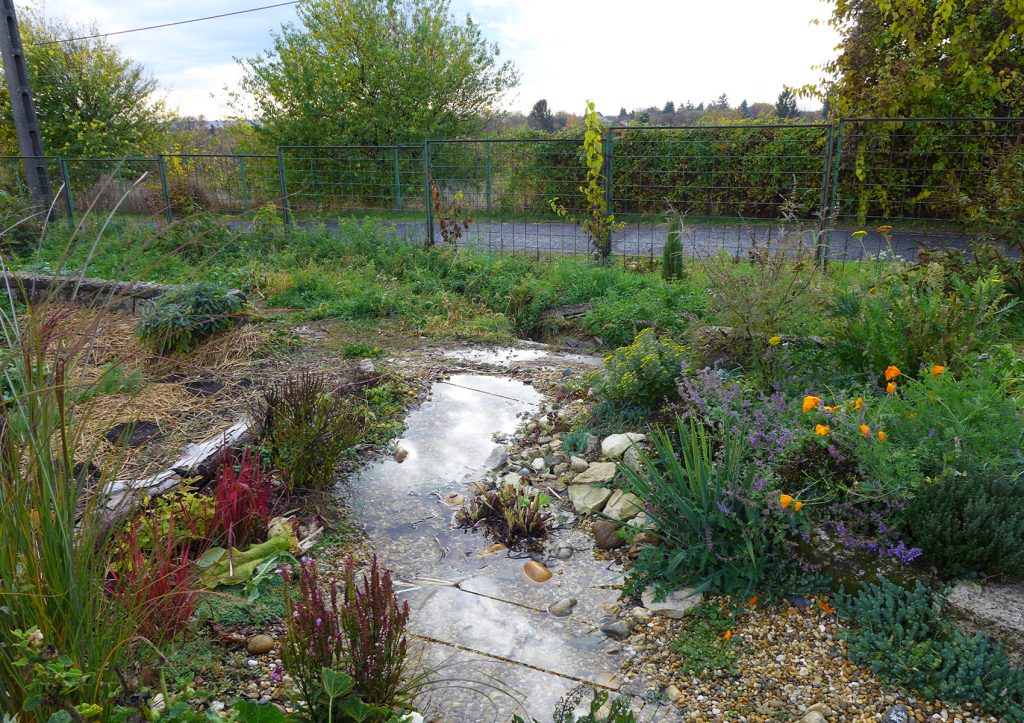
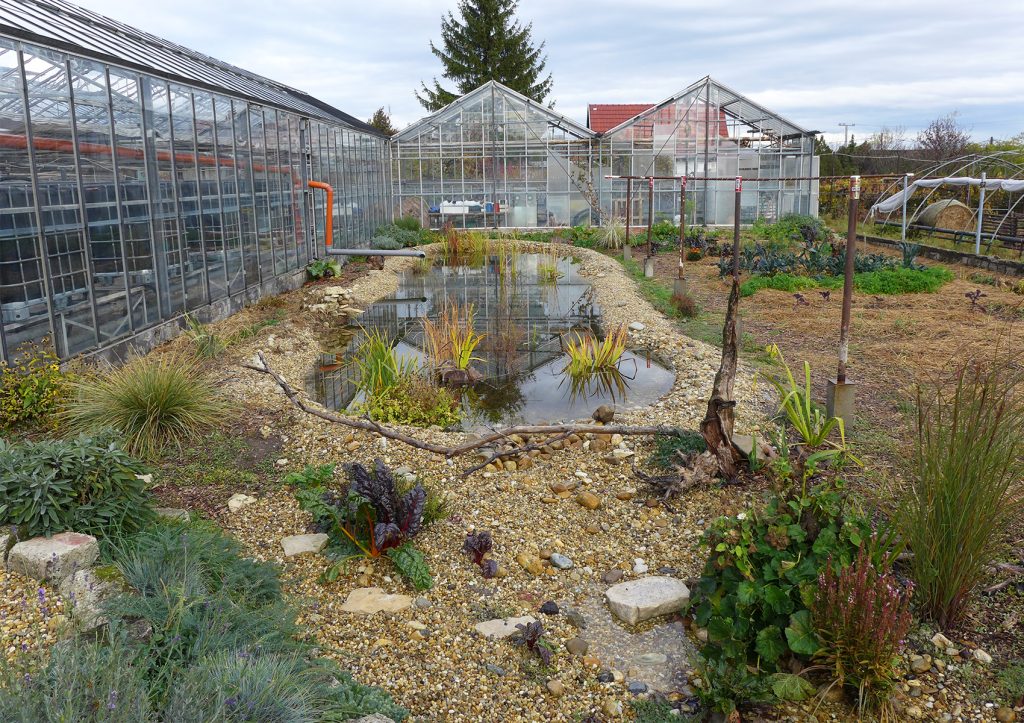
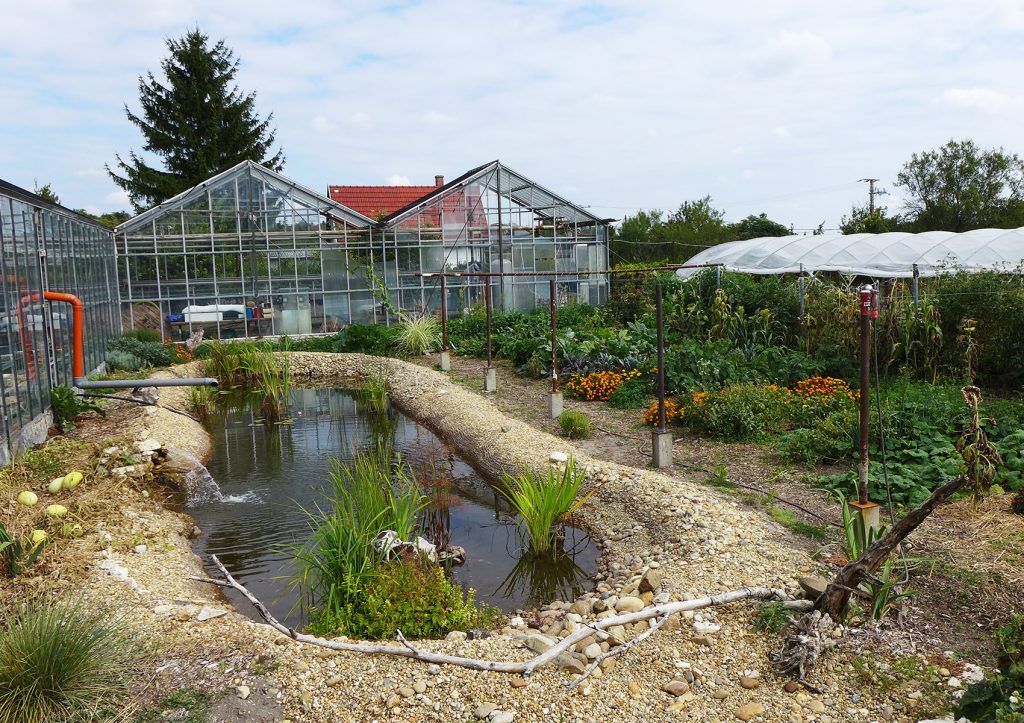
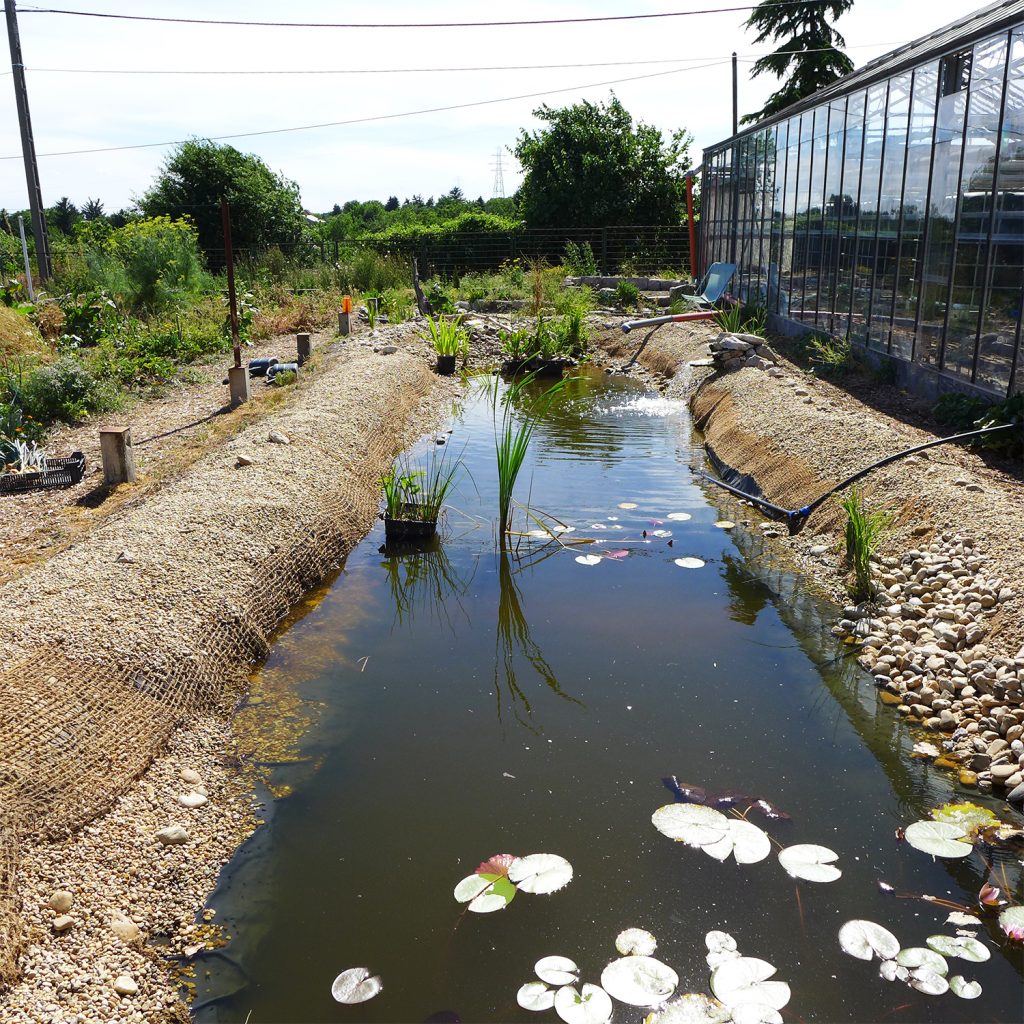
All the elements we wanted to have in the pond were slowly introduced, aquatic plants, frogs, fish, and water circulating equipment. It turned out to have more fish than we thought, that was the case only for the second round. Unfortunately, the first attempt with fish farming failed because of one or more diseases that appeared in our carp population. Eventually, we replaced them with crucians, which in turn had such a good time reproducing in the pond that we had dozens of new small fish.
We planted nearly 50 seedlings and bushes in the forest garden, and we will continue to “propagate” the area this year as well. The thick mushroom compost and wood chips mulch retained a lot of soil moisture even in the driest period in June. Annuals and perennials planted in the spring survived the drought without irrigation, perhaps the only exception was sage.
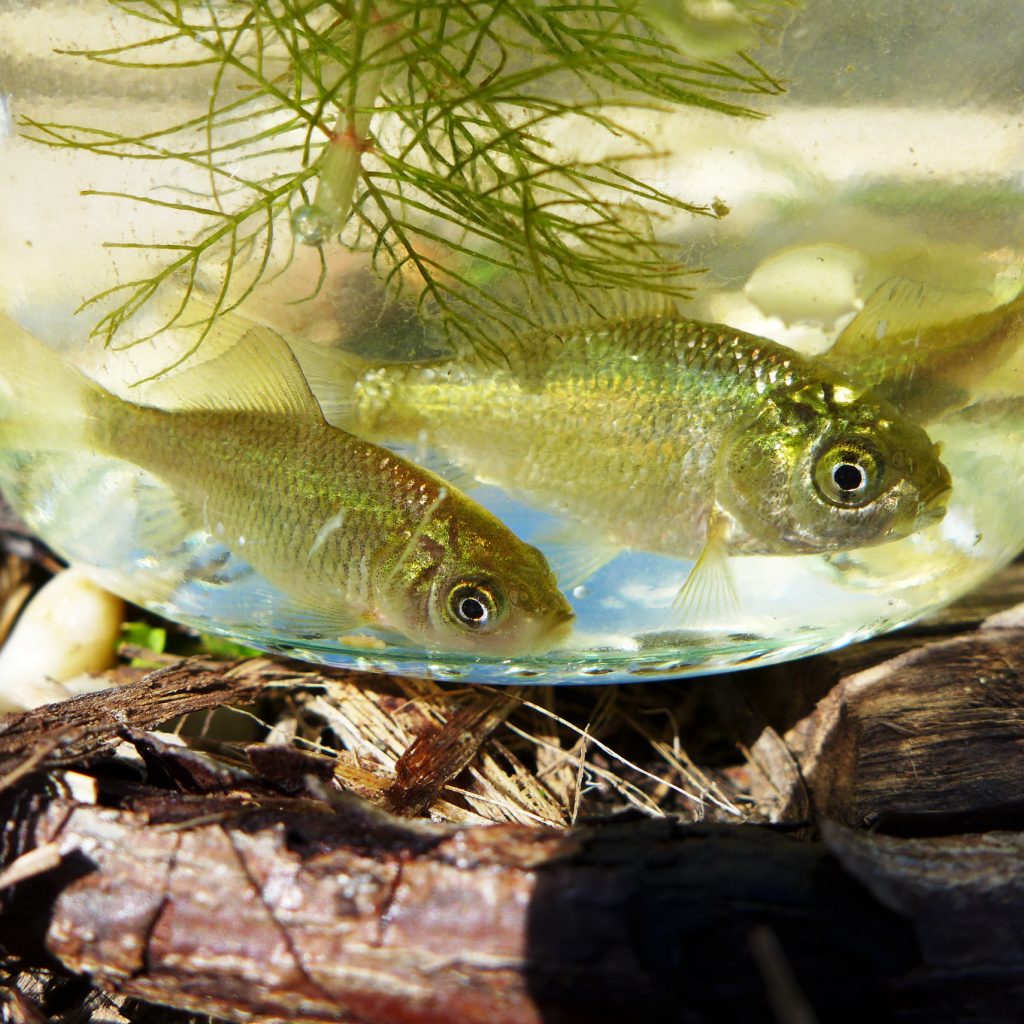
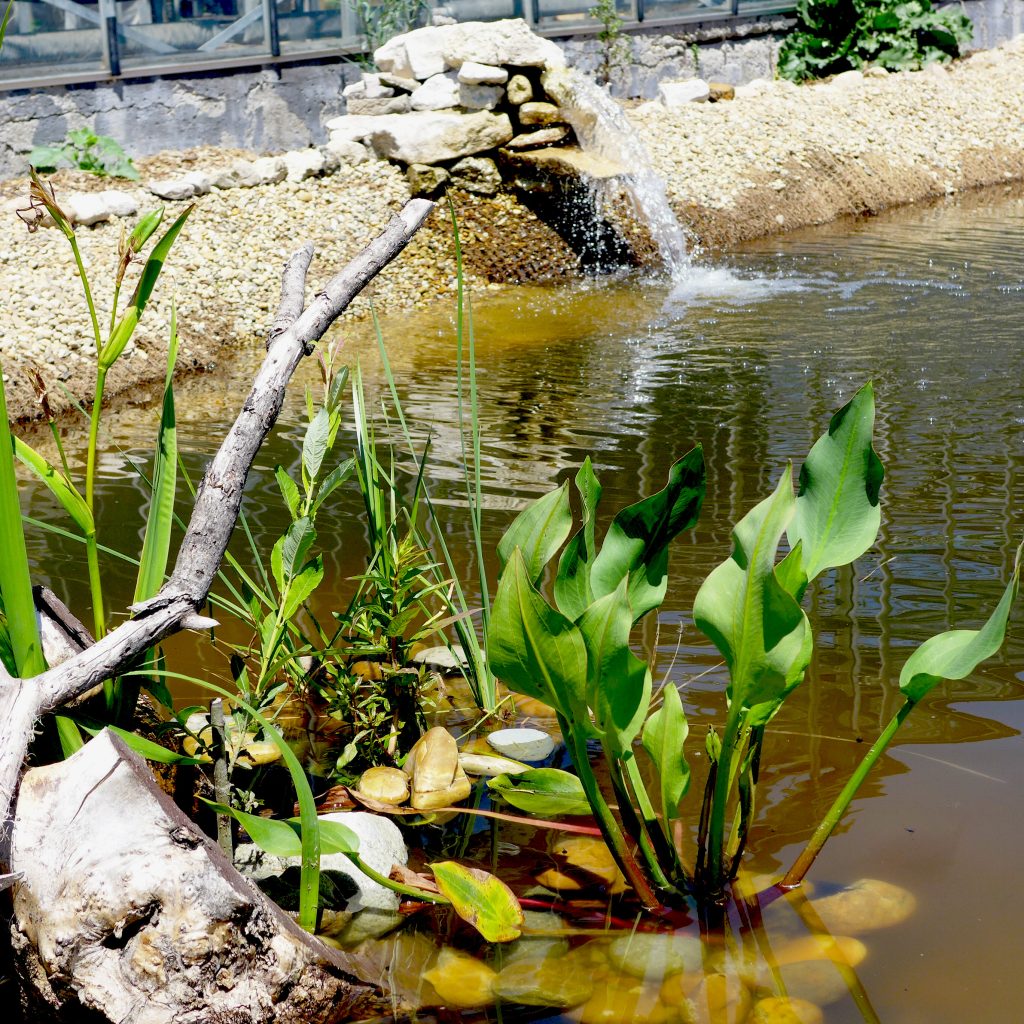
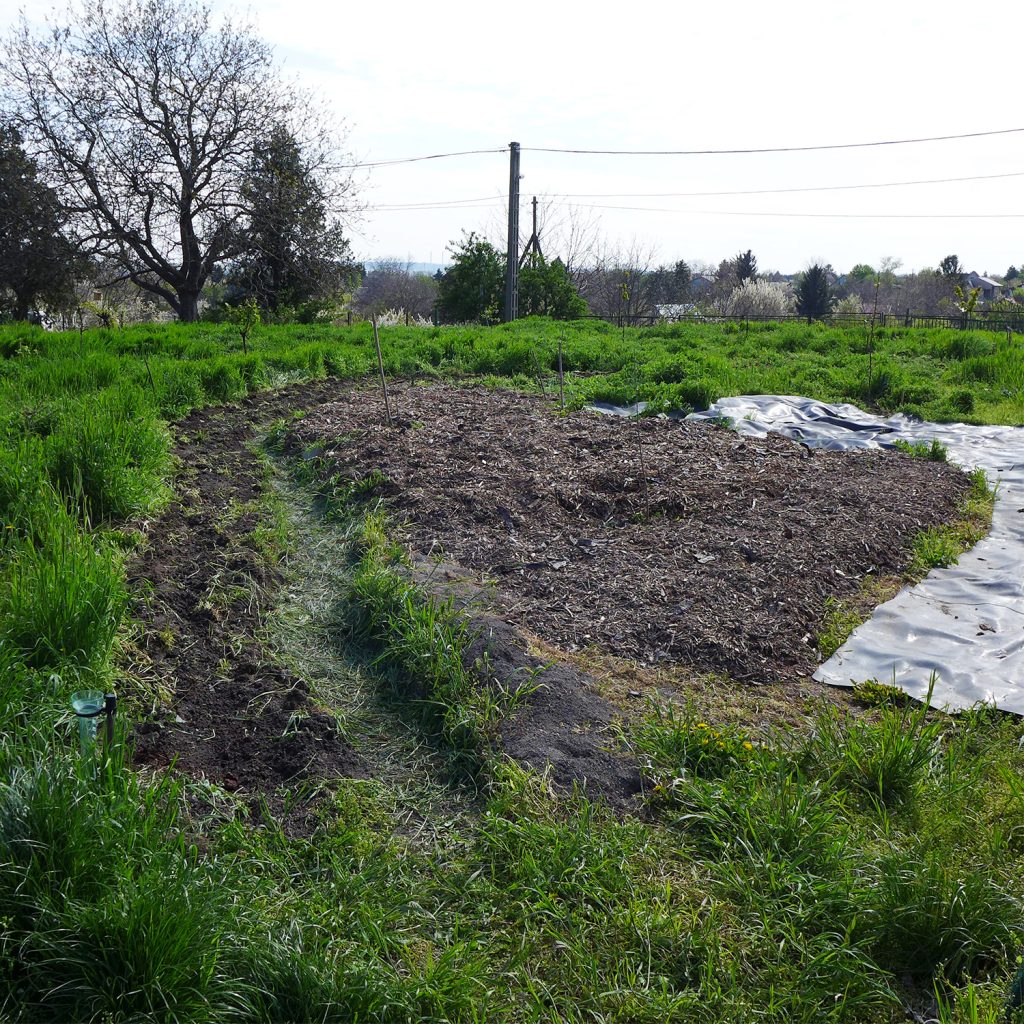
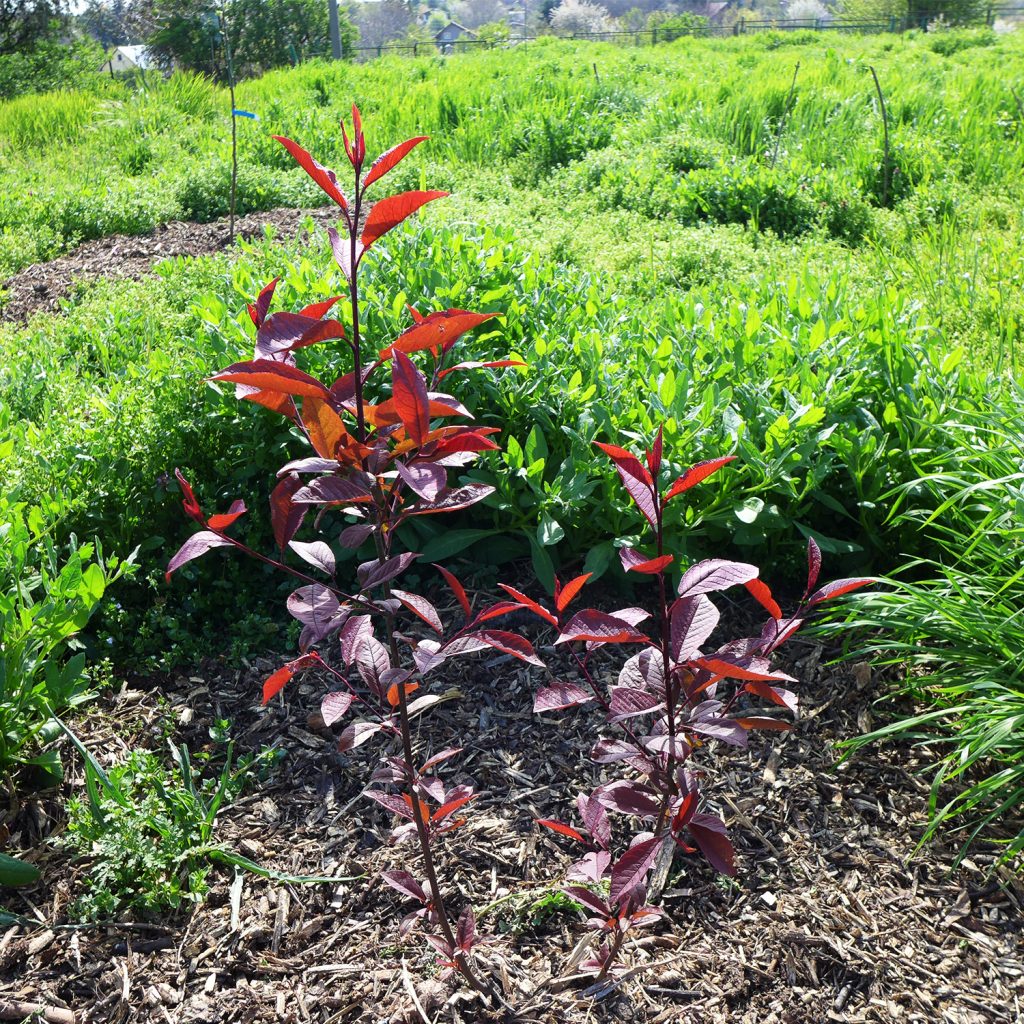
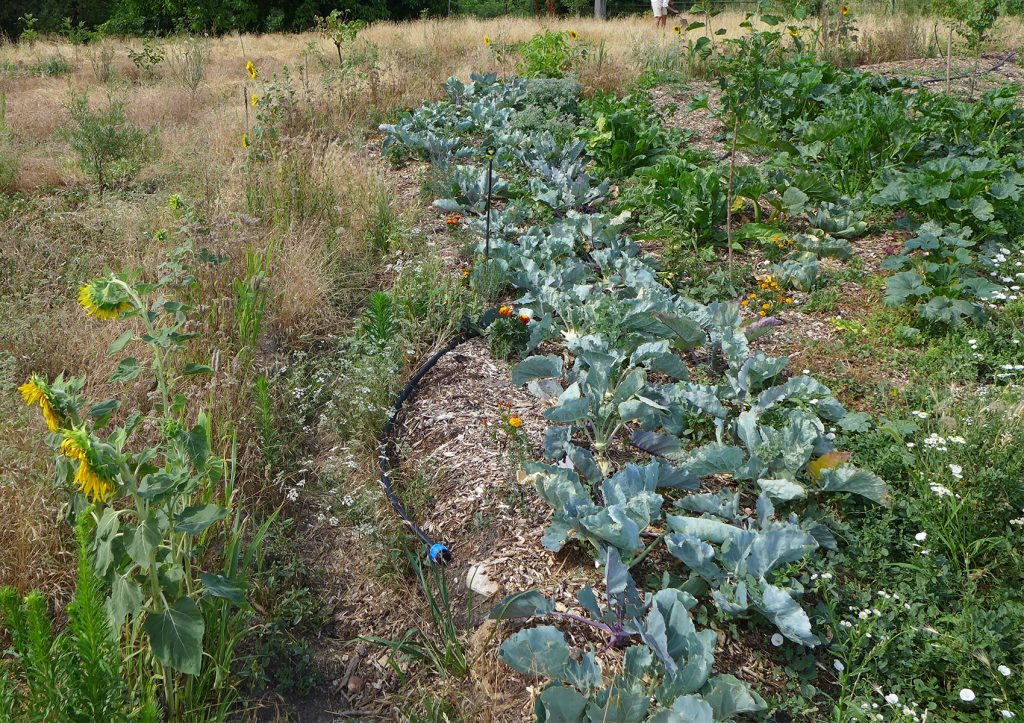
We won’t be idle this year either
We will keep working hard this year too. Keeping our plants in the area under control is not a one-man task, so we thought we would bring over 10-15 native chickens to graze in a cellular, rotational system. If you would like to recommend good suppliers, please write to the e-mail address farm@grapoila.hu In the picture below you can see our planned grazing paddocks.
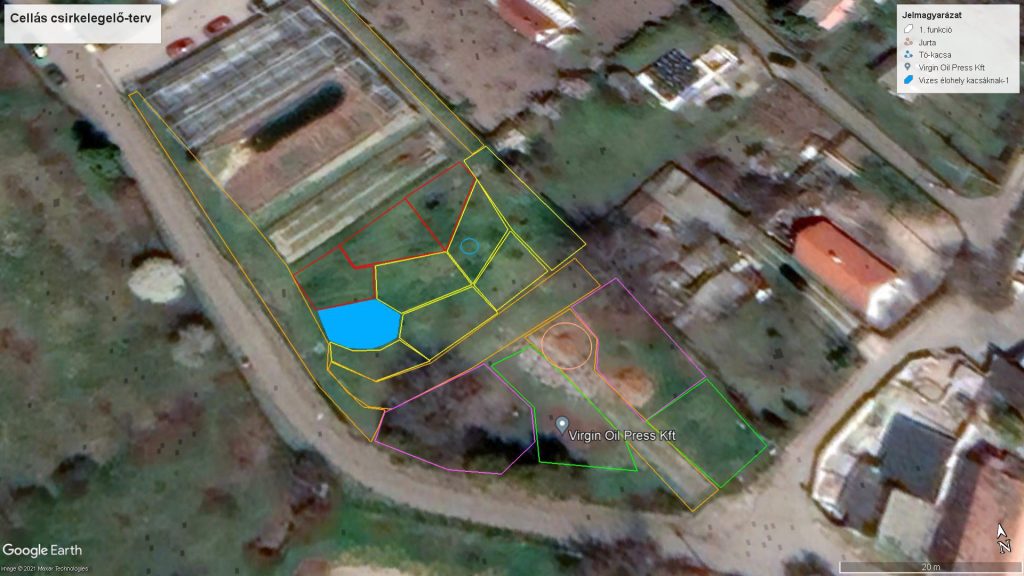
As already mentioned, there will be an opportunity to order seedlings this year as well, and we are trying to make the fair even more family-friendly.
We are preparing for this year with several workshops. On such occasions, those who are interested can get an insight into permaculture farming, as well as explore the issues of pond building, wetlands, and seedling cultivation.
A forest garden planting event and an exchange of composting experiences are also planned, and this year we will be addressing the younger generation for the first time, although it is still a secret, we can tell you that we have already acquired the sandbox.
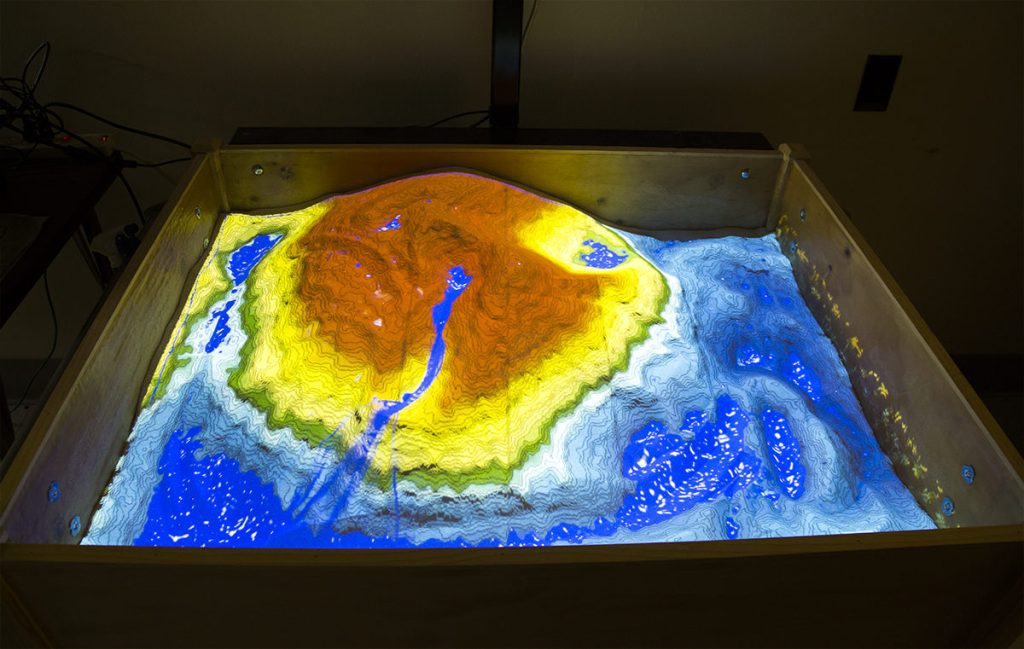
Stay tuned for 2022 ventures! Visit our Facebook page, where you can get a glimpse into the everyday life of the country’s first permaculture garden setup around an office building.
